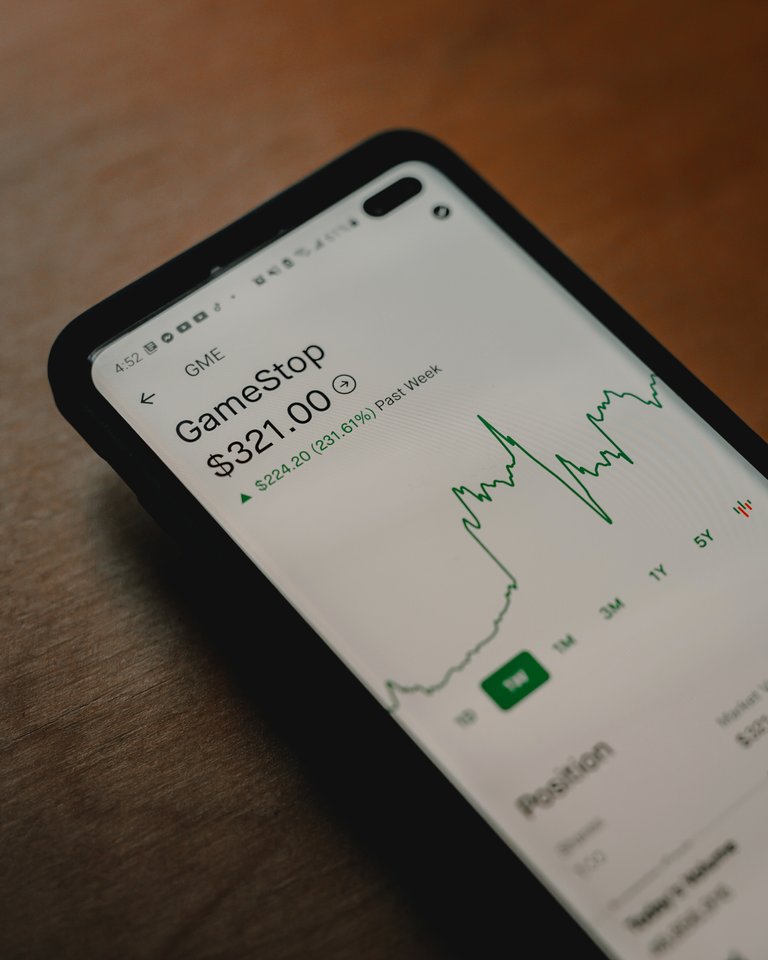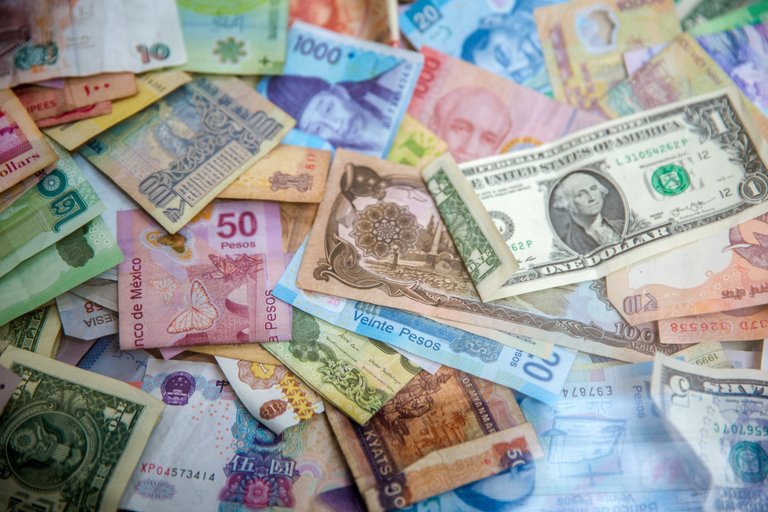The Effect of the 2021 Cryptoban in Nigeria
Cryptocurrency is gaining more ground in Africa, and Nigeria has been its front-runner. A report published last year states Nigeria is one of the countries with the most Bitcoin. This may shock many, but few understand why this was a new reality. The Nigerian banking system was not what it used to be now, as people avoided using banks. To this day, some people avoid the use of Banks as the adoption of cryptocurrency continues to be on the rise in Nigeria. One might be forgiven to think that cryptocurrency has been accepted as a legal tender in the country. Still, you are those in power who ban it, yet, the adoption continues to rise.

Through its Central Bank, the Nigerian government passed a circular on February 2021 instructing all financial institutions to avoid facilitating cryptocurrency transactions. This action by the government resulted from the role cryptocurrency played towards Endsar's campaign. The Endsars campaign was a protest against bad governance, police brutality and many vices that have rendered the country unsuitable to be lived in. Through the Twitter platform, the campaign gained a lot of views and attention and donations was made through Bitcoins to facilitate and ensure that the fight was carried on. The owner of Twitter provided a voice for the Nigerian people in their protest, and it was not long before the Nigerian government struck back. First of all, Twitter was banned towards the tail end of 2020. The Twitter ban spilt into 2021. The Government went further to Ban cryptocurrency, later citing funny reasons for arriving at that conclusion.
Some of the reasons the federal government cited for the ban on cryptocurrency was that it aids and facilitates money laundering and terrorism financing. In contrast, they banned it as they saw first-hand the power cryptocurrency and blockchain have given to Nigerians. This scares them as they act fast to ensure it won't be an issue. The use of banks was completely avoided during this fight against the government and police brutality as the banks had to adhere to regulations from the Central Bank of Nigeria because non-adherence would lead to their bank operating licences being revoked.
The cryptocurrency ban had a negative effect on the use of cryptocurrencies as the trading volume of cryptocurrencies drastically reduced due to the ban. People were scarred, and many had to pause crypto trading to see if the government would relax the policy after a period of time. People who were crypto traders were traced and charged, while many lost their cryptocurrency earned. One of the factors that led to the reduction of crypto trading volumes was that many crypto traders' bank accounts were locked, and their funds were not accessible to them anymore. The banks were directed to call the policemen's attention to anyone trading cryptocurrency and anyone who came to the bank to complain about his locked account. It was not a funny scenario then, as many people were denied access to all their life savings in their bank accounts.

Aside from the fact that crypto trading volume went down, many cryptocurrency exchanges also shut down operations in Nigeria as cryptocurrency transactions have been termed illegal. The likes of Roqqu had to shut down the gateway for Nigerians to buy cryptocurrency with naira while also Buying crypto on the Binance app was halted. At that time, many changes happened. Peer-to-peer buying of cryptocurrency was paused because the bank would be alerted if any cryptocurrency trade had been conducted as they set alerts on some accounts, and the monitors were on High Alert. So we lost the support and input of lots of cryptocurrency-focused organisations who had to move their operations away from Nigeria, and they set up shop someone where else.
The ban also affected a lot of fintech which were hoping to leverage cryptocurrency and blockchain technology. The key takeaway from this was that this fintech would have created lots and lots of job opportunities for Nigerians as they would require the help of the citizen in a different capacity. Staff will be needed in operation, marketing, sales, admin, and even technical staff such as pentester, developers, and soc analyst might have been part of the jobs which could have been made available for Nigerians if this fintech were allowed to operate. However, the ban closed the door on that, and the unemployment rate still lingers and increases daily, with the same government doing next to nothing to help provide solutions.
Part of the chaos this banned caused was that many crypto traders were forced to stop trading. Some of its traders lost all their money in a Nigerian bank because the banks locked their accounts from the directive of the CBN. It was a tough period as some of these traders were arrested, and some were charged in court. It was a tough period as the government was looking for every means to get back to Nigerians for the protest that they engaged in the previous year. One key effect of the crypto ban was that it led to some underground trading, making it hard for government regulators to monitor and track. I remember that during this period, many traders added to educate all users not to add any crypto-related descriptions to any payment made during a peer-to-peer transaction. So if you want to buy a coin, it has to be from someone else, and you have to ensure that the description does not contain anything crypto-related or you risk your account getting blocked or even arrested.

A key fact remains that tapping into the use of cryptocurrency by Nigerians has been a huge blessing as it helped Nigerians abroad to send money seamlessly to the people still in the country. However, with the bank in play, it disrupted the remittance market in Nigeria. Nigerians have recognised that using cryptocurrencies as a means of payment and transferring funds through the border is very cost-effective and efficient. The Nigerians abroad reduced that sending money back home through cryptocurrency saves cost as against sending money through other means like western union or perfect money, whose charges are always high. The restriction on cryptocurrency transactions limited remittance options, impacting individuals and families who relied on these services.
In summary, the Nigerian government's ban on cryptocurrency transactions, issued in February 2021 through CBN, disrupted the cryptocurrency market in Nigeria. While the ban was a direct response to cryptocurrencies' role in the Endsars campaign against bad governance and police brutality, it had a negative effect on the country's economic and also economic growth. As a result of the Circular passed by the CBN, cryptocurrency trading volumes decreased, crypto exchanges shut down, and fintech companies that could have created job opportunities were affected. The ban also impacted the remittance market, limiting options for individuals and families who relied on cryptocurrency for cost-effective and efficient cross-border transactions.
Posted Using LeoFinance Alpha
https://leofinance.io/threads/lebey1/re-lebey1-2lkv2bn9c
The rewards earned on this comment will go directly to the people ( lebey1 ) sharing the post on LeoThreads,LikeTu,dBuzz.